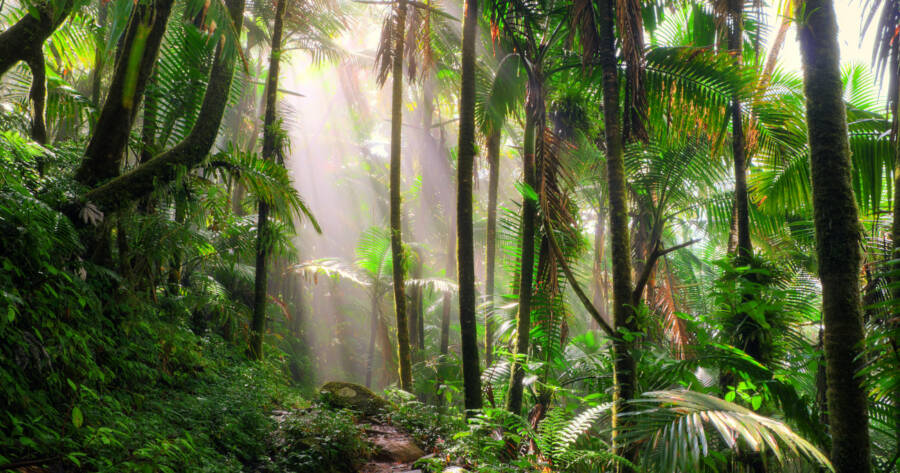Our planet’s wildlife, a mesmerizing tapestry of biodiversity, faces unprecedented threats from climate change, habitat destruction, and human encroachment. To combat these challenges, education is paramount. Whether you’re considering a career shift or seeking personal growth, courses in wildlife conservation can equip you with the skills and knowledge needed. There are a wide variety of choices available, and you can find the ideal wildlife conservation course if you start searching now.
Understanding the Fundamentals
Wildlife conservation isn’t merely about protecting animals; it’s about preserving ecosystems, understanding human-wildlife interactions, and crafting policies that create a harmonious balance between nature and humanity. With this in mind, the method you choose to learn could drastically influence your grasp of these fundamentals.
The Online Course Advantage
Online courses have witnessed a surge in popularity for a long list of reasons:
- Flexibility: This is perhaps the most significant advantage. Online courses often allow learners to proceed at their own pace, perfect for those juggling jobs or other commitments.
- Diverse perspectives: Online courses often attract an international cohort. Interacting with peers from around the globe can offer a richer understanding of global conservation issues.
- Cost-effective: While not always the case, online courses can be less expensive than their on-campus counterparts due to reduced overhead costs.
- Technological integration: With the advent of virtual reality and augmented reality, online courses are leveraging technology to simulate field experiences.
The Essence of On-Campus Learning
Despite the digital shift, traditional on-campus courses have retained their charm:
- Hands-on experience: While online courses can simulate experiences, there’s no replacement for real fieldwork, hands-on labs, and direct encounters with wildlife.
- Networking: Physical proximity facilitates stronger relationships with peers and instructors. This can be invaluable when seeking job opportunities or collaborative research projects.
- Structured environment: The routine of attending classes can help those who thrive on a set schedule and can instill discipline in learning.
Free Learning Options
In today’s digital age, the thirst for knowledge doesn’t necessarily require hefty tuition fees. Several platforms offer free wildlife conservation courses:
- Coursera & edX: Both platforms host courses from top universities worldwide. For instance, you might find a course on tropical coastal ecosystems or another on the role of community engagement in conservation.
- MIT OpenCourseWare: The Massachusetts Institute of Technology offers free course materials on various subjects, including environmental studies.
- WWF’s Educational Resources: The World Wildlife Fund often provides resources, webinars, and short courses aimed at educating the public about conservation issues.
While these free options might not replace a full-fledged degree, they can certainly supplement your knowledge or serve as a stepping stone to a more advanced course.
Making the Decision
When deciding between online and on-campus courses, consider the following:
- Learning style: Do you thrive in a self-paced environment, or do you need the structure of a classroom?
- Budget: Factor in tuition, potential housing costs, and other expenses associated with each format.
- Career goals: If you’re seeking a specific job in wildlife conservation, research whether employers in that niche have a preference for on-campus degrees.
- Accessibility: If you live in a remote location, online courses might be more feasible. Conversely, if you’re near a university offering a top-tier wildlife conservation program, on-campus might be the way to go.
Interactive Technologies in Online Courses
The digital age has revolutionized the way we learn online. Advanced technologies such as augmented reality (AR), virtual reality (VR), and interactive simulations are becoming standard features in online wildlife conservation courses:
- Virtual field trips: Even without stepping outside, students can immerse themselves in virtual safaris or deep-sea explorations, offering a unique perspective on habitats and ecosystems.
- Interactive labs: Advanced simulations can mimic laboratory settings, allowing students to perform experiments or analyze samples virtually.
- Live webinars with experts: Online platforms can facilitate real-time interactions with conservationists in the field, allowing for immediate Q&A sessions and dynamic discussions.
Accreditation and Credibility
Regardless of the format, ensuring that the course or program is accredited is crucial. Accreditation is a seal of quality assurance. It ensures that the institution or course meets specific educational standards and will be recognized by employers and other educational institutions. While many online programs now receive the same accreditation as their on-campus counterparts, it’s essential to verify this before enrolling.
Real-World Applications and Internships
Translating theoretical knowledge into practical skills is vital in wildlife conservation. Some online courses offer virtual internships, allowing students to collaborate with organizations remotely on projects, research, or data analysis.
Traditional courses might have partnerships with local conservation sites or national parks, providing students with firsthand fieldwork experiences.
Find The Right Fit Today
Wildlife conservation is more than a discipline; it’s a calling to protect the wonders of our natural world. Whether you choose to embark on this journey online or within the confines of a campus, the knowledge you gain can be instrumental in shaping a brighter future for our planet.
As you look for the right course for you, remember that the world of wildlife conservation is vast and ever-evolving. Continue your research online to discover the myriad opportunities that await in this noble field.
